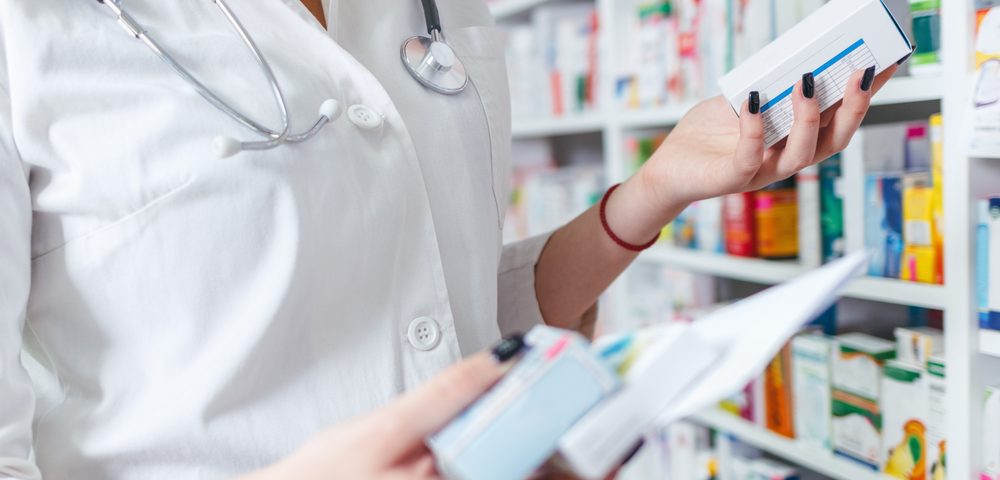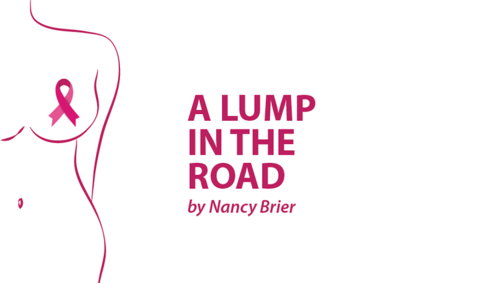I took one tiny pill, no bigger than a Tic Tac.
Twenty minutes later, when I sat down to dinner with my family, I realized I didn’t feel well. I put a little rice on my plate, then, without eating a nibble, excused myself. I had to lie down.
My brain was spinning, my stomach felt nauseous, and my head pounded like it was a Saturday morning after a frat party. (Only I’ve never been in a frat and, with rare exceptions, I never even dated frat guys.)
My husband Gary texted Doug Thrasher, a brilliant physician who loves both of us in spite of our many idiosyncrasies. Gary and Doug were roommates in college, and they used to dump soup on each other’s heads over the shower stall in the dorm, so they have a special bond. Doug said to wait it out.
Twenty-four hours later, I was still in bed. A long, miserable day.
Among the many lasting effects of cancer, chemotherapy induced early menopause and depression for me.
I found these symptoms embarrassing, issues I didn’t want to discuss with my husband, my doctor, or anyone else. After all, women have endured menopause from the beginning of time, and no one mollycoddled the pioneers with pills as they trudged their way across the prairies.
As for depression, I thought I could tackle it through exercise, diet and attitude. But my husband came with me to my six-month check up with my oncologist, and he spilled the beans. “She’s depressed,” he said, “and hot flashes keep her up half the night.”
Dr. Hope Rugo, concerned, recommended a drug that would address the depression and help with the hot flashes, and it was life-changing. The shadowy cloud I was accustomed to living under dissipated, and the hot flashes mostly disappeared, too.
Throughout my life, I have generally preferred to white-knuckle my way through discomfort rather than medicate. As a child prone to headaches, instead of swallowing aspirin, I usually took a walk, rubbed my temples, or drank hot tea with lemon. And, except during inexplicable brief periods, I’ve struggled with depression nearly all my life, never indulging in medication to address it.
When I do take medicine, it seems I get all the rare side effects listed in the last paragraph of the last page on the tablet of warnings pharmacists routinely include when they dispense drugs. Once I took an over-the-counter dose of St. John’s wart, a theoretically harmless herb, and an hour later, I was doubled over with stomach cramps. “Impossible,” my pharmacist said. Then he read deeper into his thick manual of herbal remedies and said something like, “Well, I’ll be darned, I guess it’s possible.”
In cancer treatment, medicine took on a whole new meaning for me. At first, I thought I could get by without the nausea pills my oncologist prescribed by the handful. He told my husband to layer them, giving me a horse pill every six hours, a medium-sized tablet every four hours and baby-sized medicine every two hours. Gary relished his position as junior scientist and took his role seriously, posting charts and timetables next to my nightstand.
“You have to stay ahead of it,” Dr. Greg Vidal warned. “You don’t want those nasty symptoms to get away from you.”
After that first chemo, I declined the drugs Gary proffered when it was time for my first dose, and 20 minutes later felt a rush of ill-feeling like a tidal wave. That explosion of weakness and nausea scared me, and I thought I’d end up in the emergency room. Having just spent seven hours getting chemo, the idea of going back to the hospital terrified me and consumed me with dread. “I’ll take the meds!” I said quickly, and snapped into line thereafter. Gary drugged me just as the doctor advised, and those sick feelings abated.
“You already have every chemical known to mankind coursing through your system,” Gary told me, recalling the skull and crossbones symbol on my chemo meds. “What difference does it make now if you swallow a few more?” He had a point, I thought, and I stopped fretting over the onslaught of foreign matter my body was ingesting.
So, nearly a year later when my oncologist suggested medication for depression and chemo-induced menopause, I decided to give it a try. “You’ll sleep better,” she said, “and sleep helps bodies heal.”
Two months later, I returned to the pharmacy for a refill. I noticed that the name of the medication was the same, but the packaging looked different. The pill looked different too. I read the label and the little warning packet that comes with it, and everything looked right. I knew that sometimes pills change shape because generics become available or some other issue arises. So, I swallowed that little pill, no bigger than a Tic Tac.
But the medicine wasn’t the same. The new pill was a slightly different dosage and not time-released like my previous ones. That’s all it took to make me really, really sick.
The next time I pick up medication, and something doesn’t look right, I’ll do what most people already know to do — ask.
In the meantime, I consoled myself with lessons learned. First, that there’s no reason to be embarrassed about feeling depressed and being miserable with hot flashes. I’m not the only one to have those symptoms, and even if I were, my path could help others who might follow. Second, drugs saved my life, and I intend to be more open about using them judiciously. Medicine has drastically improved my life, and I’m grateful for it. Third, I’m going to ask the pharmacist to double-check my meds when something doesn’t look right.
In my life, sometimes I’m the teacher, but usually, I’m just the student. And the lessons I learn the hard way are often the most compelling.
Note: Breast Cancer News is strictly a news and information website about the disease. It does not provide medical advice, diagnosis, or treatment. This content is not intended to be a substitute for professional medical advice, diagnosis, or treatment. Always seek the advice of your physician or other qualified health provider with any questions you may have regarding a medical condition. Never disregard professional medical advice or delay in seeking it because of something you have read on this website. The opinions expressed in this column are not those of Breast Cancer News, or its parent company, BioNews Services, and are intended to spark discussion about issues pertaining to breast cancer


